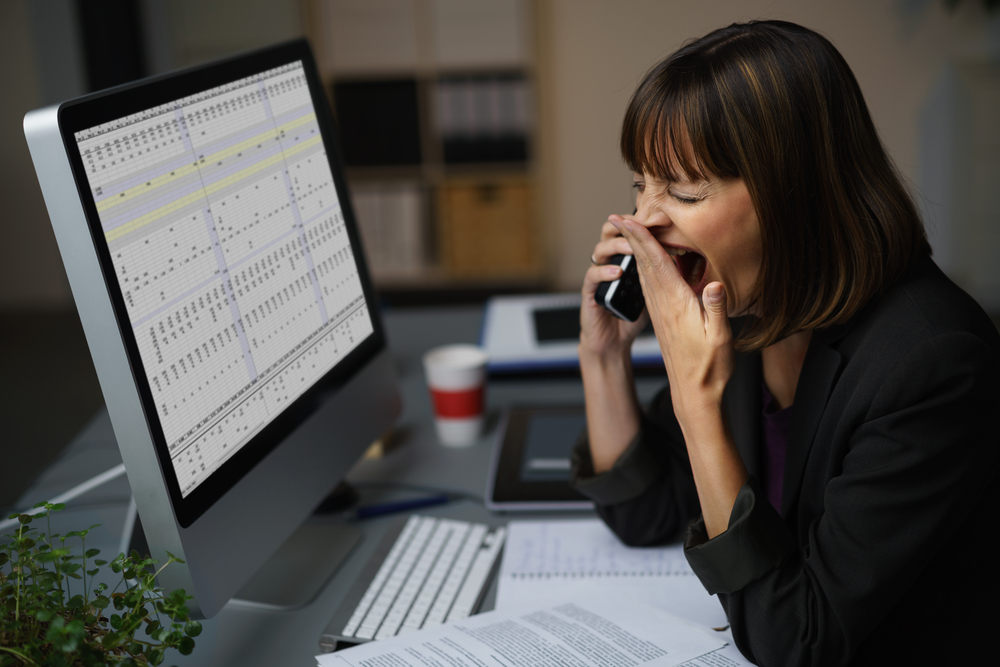
Sleepless in the City
Do you keep tossing and turning all night long but can’t sleep?
Let’s be real, the world does not feel particularly safe at the moment and we need to feel a sense of safety to be able to put our guard down. When we are constantly bombarded with bad news, it is incredibly difficult to keep stress levels at bay. Unfortunately, too much stress can lead to sleep problems which ultimately decrease the quality of life.
A recent meta-analysis by Dr. Jude Mary Cénat from the University of Ottawa and colleagues provides evidence for the effects of global events on mental health across different populations. According to the findings of the study, populations that are affected by the pandemic have a significantly higher prevalence of insomnia compared to the general population under normal circumstances.
Why is sleep important? Well, according to Harvard Health Publishing, multiple sleepless nights are associated with mental health issues like anxiety. Chronic sleep deprivation also puts people at risk for heart problems, diabetes and even premature death.
Yes, Abraham Maslow was not joking around when he put physiological needs at the bottom of the Hierarchy of Needs.
Practical ways to sleep better
According to Dr. Suzanne Bertisch, an assistant professor of medicine at Harvard Medical School, we can improve the quality of our sleep by making a couple of adjustments to our daily habits.
Do you nap often? A study published in Sleep by Dr. Kimberly Fenn, from Michigan State University and colleagues suggests that short naps are not enough to counteract the negative effects of sleep deprivation. Fenn explains that “When someone goes without sleep for a period of time, even just during the day, they build up a need for sleep; in particular, they build up a need for SWS (slow wave sleep).” SWS is known to be the most restorative stage of sleep; if we do not get enough deep sleep in this stage, we build what is called a “sleep debt.” Chronic sleep deprivation means that our bodies are constantly trying to make up for the amount of lost sleep.
To improve your sleep, consider making adjustments to your naps. Usually, naps in the afternoon make it more difficult to sleep at night. Play around with your nap time – if you can – to observe how naps effect you personally.
Too much caffeine – especially later in the day – is also known to disrupt sleep. Reflecting on your daily coffee, tea or chocolate habits can be useful if you feel that you need to make some adjustments in that area of your life.
Last but not least, Dr. Bertisch suggests that we avoid using electronic devices at least 2 hours before bed. This tip may or may not work depending on your individual circumstances. For example, if you study best at night or you have night shifts at work, avoiding your phone or laptop may not be practical. What you can do, however is to become mindful of the way you use your electronic devices. If you find yourself scrolling through social media until 3 AM, it might be a good idea to limit your phone use past a certain point at night.
Bottom line
We need sleep to survive, think clearly and function in the world in a healthy way. Any step you take towards better sleep will help you improve the quality of your sleep tremendously.
REFERENCES
- 1. Cénat, J. M., Blais-Rochette, C., Kokou-Kpolou, C. K., Noorishad, P. G., Mukunzi, J. N., McIntee, S. E., Dalexis, R. D., Goulet, M. A., & Labelle, P. R. (2021). Prevalence of symptoms of depression, anxiety, insomnia, posttraumatic stress disorder, and psychological distress among populations affected by the COVID-19 pandemic: A systematic review and meta-analysis. Psychiatry Research, 295, 113599. https://doi.org/10.1016/j.psychres.2020.113599
- 2. https://www.health.harvard.edu/staying-healthy/top-4-reasons-why-youre-not-sleeping-through-the-night
- 3. McLeod, S. A. (2020, March 20). Maslow's hierarchy of needs. Simply Psychology. https://www.simplypsychology.org/maslow.html
- 4. Michigan State University. (2021, August 12). Scrap the nap: Study shows short naps don’t relieve sleep deprivation. ScienceDaily. Retrieved August 16, 2021 from www.sciencedaily.com/releases/2021/08/210812123122.htm
